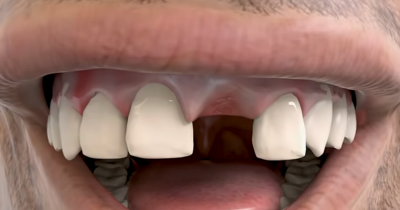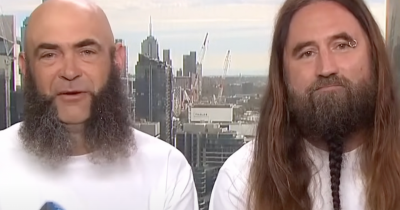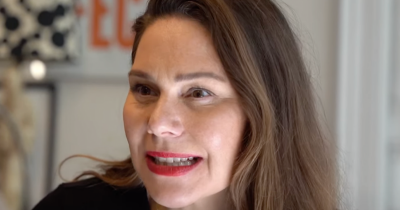Simulation Reveals the Real Reason Behind Nightmares of Your Teeth Falling Out
By fypfeed | 13 August 2025
It’s among the most frequently reported dreams around the world that you’re asleep but then you suddenly see your teeth loosen up and break in your palms. Some people find the sensation is brief. Others find it so vivid that they wake in a state that is utterly panic looking at their mouths to ensure they have their teeth in the right place.
Although it may sound like an odd occurrence of the subconscious mind, research suggests that these dreams have more to have to do with our physical realities than we would think.
A universal nightmare
Over time and across cultures dreaming of losing teeth are always among the top nightmares that are recurrently triggered. In contrast to fantasies of falling without assistance or flying from high cliffs, tooth-related dreams are characterized by a distinct unsettling reality. The pain is tangible and abrasive: the crunch or the tingling sensation of being helpless.
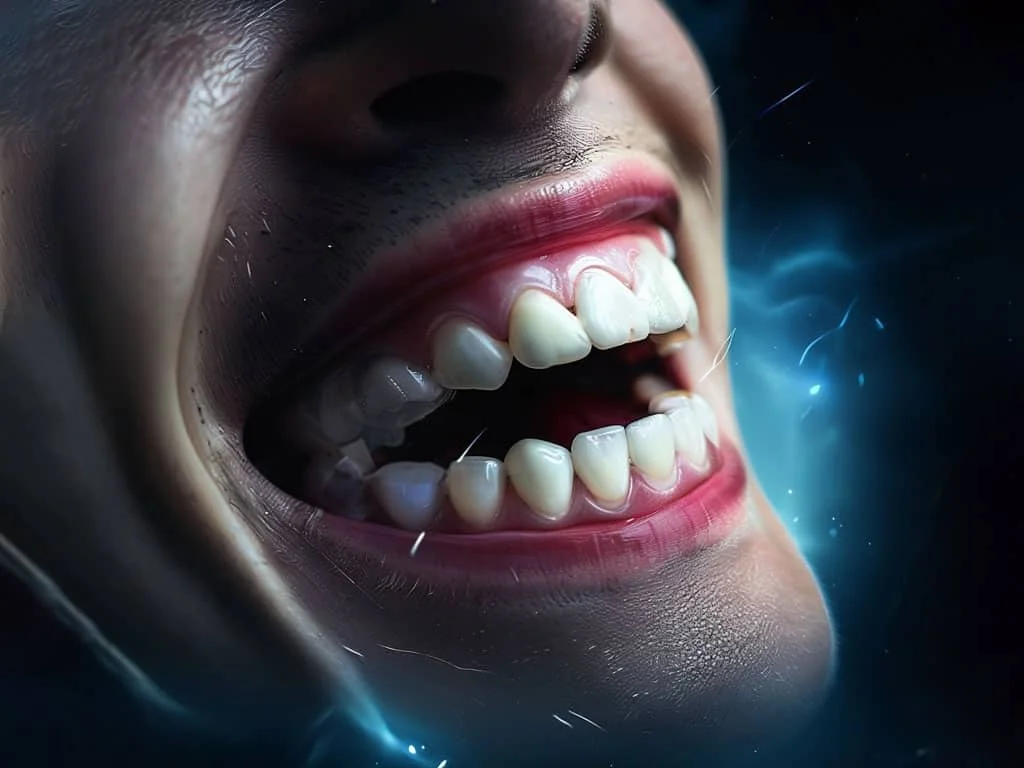
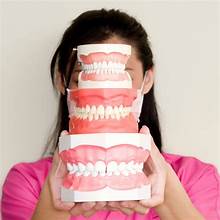
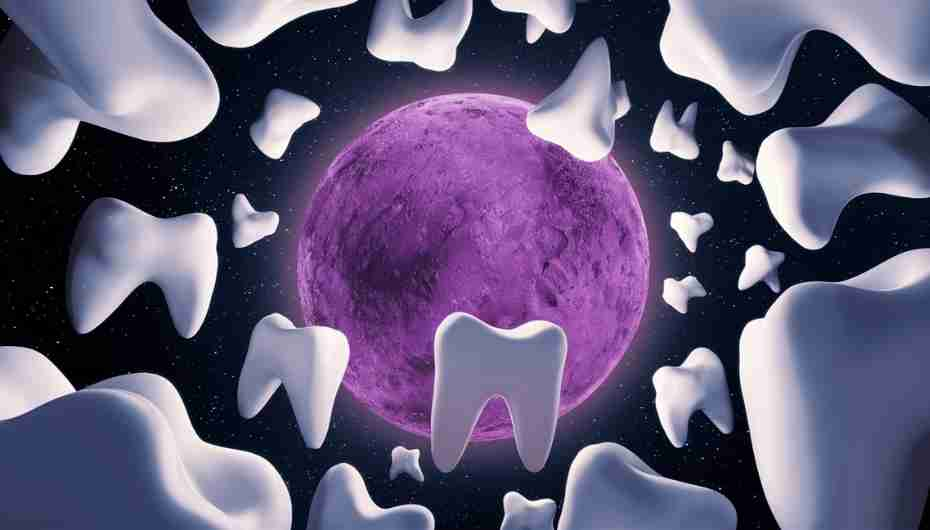

For a long time, these dreaming has been linked to beliefs that were believed to be superstitious. In certain traditions they were believed to be omens of financial ruin, death or betrayal. In other cultures they were associated with changes in lifeageing, facing changes, or grieving loss. But modern science provides an elucidation that is based on evidence.
The physical link
Recently, the creator of content Zack D Films ran a simulation that revealed a new root cause: teeth grinding during sleep. The term is used to describe it clinically as bruxism an involuntary grinding or clenching of the teeth isn’t just damaging to oral health but could cause vivid dreams.
“Your teeth break and fall into your hand, one at a. This is among the most frequent nightmares that people experience,” Zack explains. “Teeth are a sign of strength and looks. Because they’re among the first things that people observe and losing them can feel similar to losing your control. However, in actuality dreams, it happens when you bite your teeth during the midnight. The brain takes these physical sensations and transforms them into a narrative.”
The brain is trying to cope with the pain. The grinding causes real tension and pressure on the jaw. Ultimately, the sleepy mind interprets these sensations into an unsettling tale of teeth breaking.
Stress and symbols
But, this phenomenon is not only about physical stress. Psychologists have long maintained that dreams involving teeth often reveal psychological stress. As per the Sleep Foundation, the most popular interpretations include:
- Dealing with loss or grief
- Stress or anxiety that is increased
- Feelings of being out of control
- Major life changes
- Insecurity, shame or feelings of fear.
- Be concerned about appearance
- Health fears that are rooted in the underlying causes
- Real dental problems
Teeth, in the end are closely linked to the self-image and identity. They are among the first things that people look at, and they can affect communication appearance, attractiveness, and perceived strength. The fear of losing them could indicate vulnerability, which is an unconscious fear of appearing vulnerable or being considered weak.
Why do nightmares get more intense at night?
Professor Ivo Vlaev who is a behavioural scientist, has pointed out that anxiety tends to peak during the night. “During the daytime, our brains are distracted by things, distractions, as well as interactions that stifle anxiety-provoking thoughts. In the night in the calm surroundings of sleep, the worries surface.”
This is the reason why repeated nightmares are often more intense in the early morning hours. Lack of distractions mean the mind can intensify physical pains like grinding your teethand then combine them with emotional tension that is unresolved. It’s a terrifyingly real-life nightmare.
Health care costs are a major factor
The nightmares themselves aren’t dangerous, but their effects can be felt in the waking world. Sleep quality is poor, as well as increased anxiety and stress can all affect your well-being. If bruxism is the cause there are additional risks and include broken teeth, worn enamel jaw problems, and even chronic headaches.
Dentists are warning that grinding teeth untreated could cause permanent oral damage. In addition to the psychological strain of nightmares that keep coming back the problem becomes more than a minor annoyance.
Can they be stopped?
The positive side is that tooth-related nightmares are often controlled by addressing both the psychological and physical factors. Sleep specialists and psychologists suggest an array of steps that can be taken:
- Sleeping in at night is a good idea. Yoga, meditation or breathing exercises before going to sleeping can reduce anxiety.
- Beware of stimulants. Nicotine and caffeine in the late evening have been well-known to increase bruxism.
- Devices to protect: Dental professionals often recommend nightguards to protect your teeth from the grind.
- Therapy and management of stress: Cognitive behavioural therapy (CBT) and counseling can address the underlying anxiety.
- A consistent sleep routine: Maintaining a regular schedule for bedtime can reduce restlessness.
If you have persistently experienced intense and frequent dreams, medical assistance could be needed. Sleep disorders like sleep apnoea may cause more the grinding of teeth and sleep disturbances.
A cultural fascination
Beyond the boundaries of science, dental-related dreams have attracted the attention of writers, storytellers as well as psychologists. From myths from the past that linked tooth loss to bad luck to Freud’s theories linking these dreams to repression and sexuality, the images have always intrigued observers.
What is striking about them are their universality. In contrast to dreams about technological advancements, rituals of culture, and personal stories, the nightmares about tooth loss transcend age, geography and background. They remind us that certain anxieties are inherent to the human life.
More than a simple wish
In the end, these disturbing dreams serve as an opportunity to remind us of the profound connection between body and mind. The subconscious of our brain isn’t detached from our physical body and is constantly processing the world around us, weaving the sensations into stories.
If your teeth are falling out, what seems like a dream-like experience is usually the brain’s attempt at explaining anxiety, tension on the jaw and anxiety. It might not bring the terrifying predictions that we used to fear however it can indicate something vital about our overall health — both physical and mental.
Dental experts often declare, the answer begins with prevention. Making sure one takes care of their dental health, addressing anxiety, and implementing better sleeping habits can all contribute to decreasing the frequency of these nagging nightmares.
A last thought
Losing teeth in real life is devastating, but having it happen in a nightmare is a terrifying experience. However, knowing the scientific basis of the nightmare can make it less confusing.
It turns out that the brain, which is always a storyteller, experiences a physical sensation, and turns it into a story that seems terrifyingly real. While we might not be able to completely manage our thoughts, by addressing anxiety, stress and oral health issues, we’ll have an increased chances of a restful sleepand not having to worry about awakening believing that we’ve lost our teeth in the dust.


